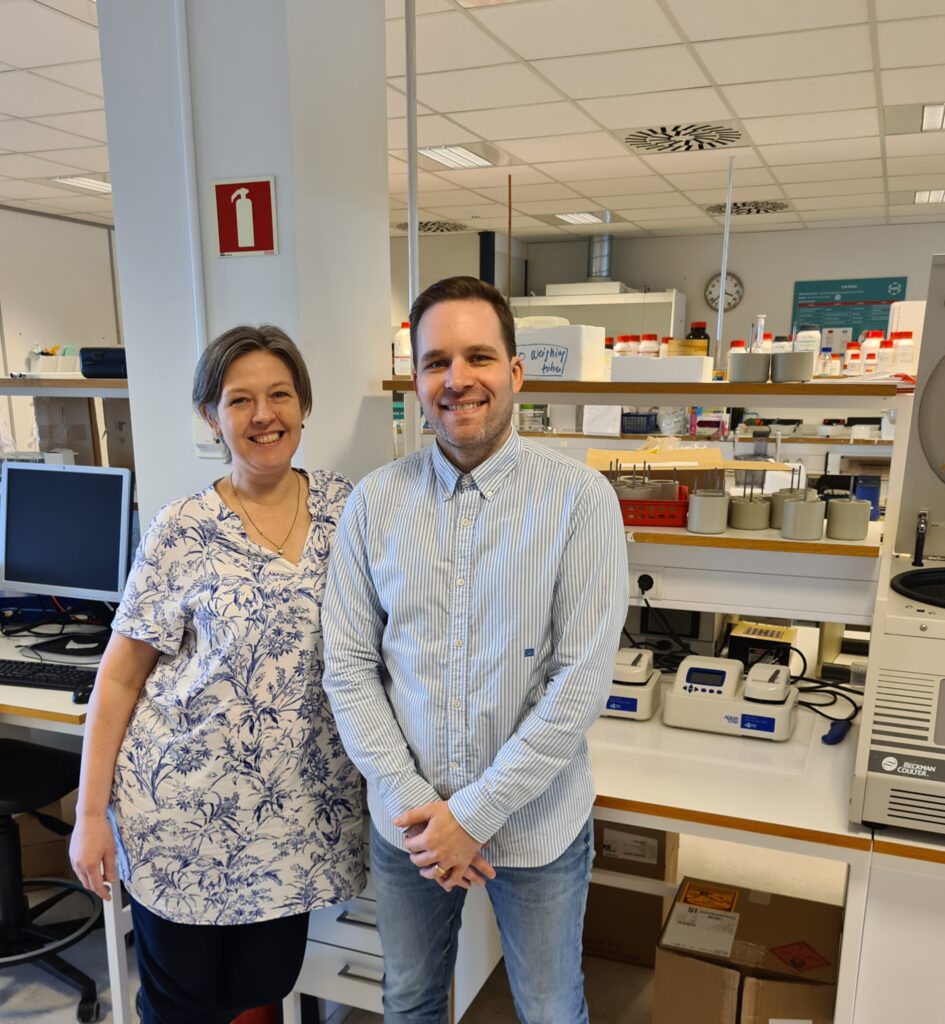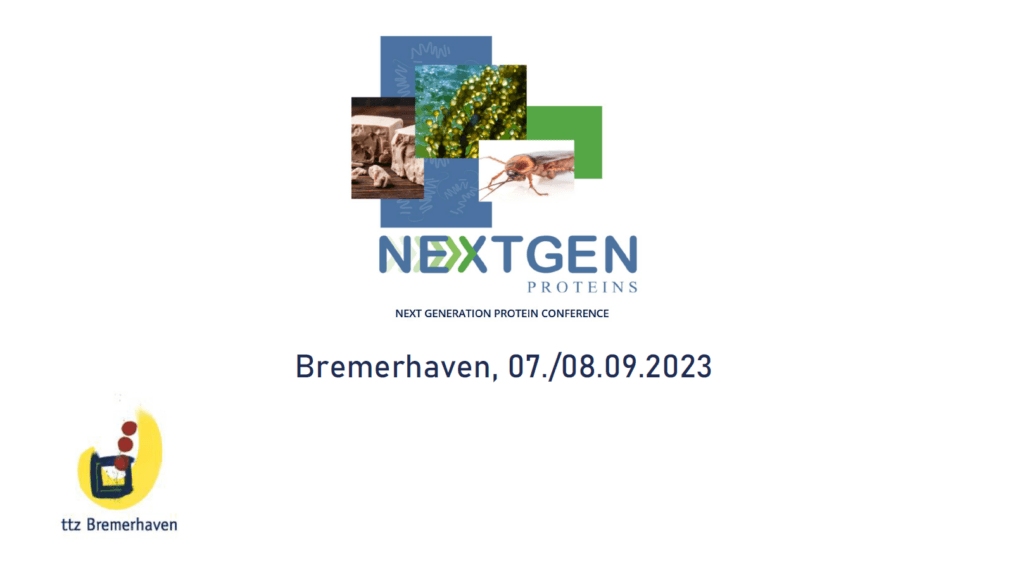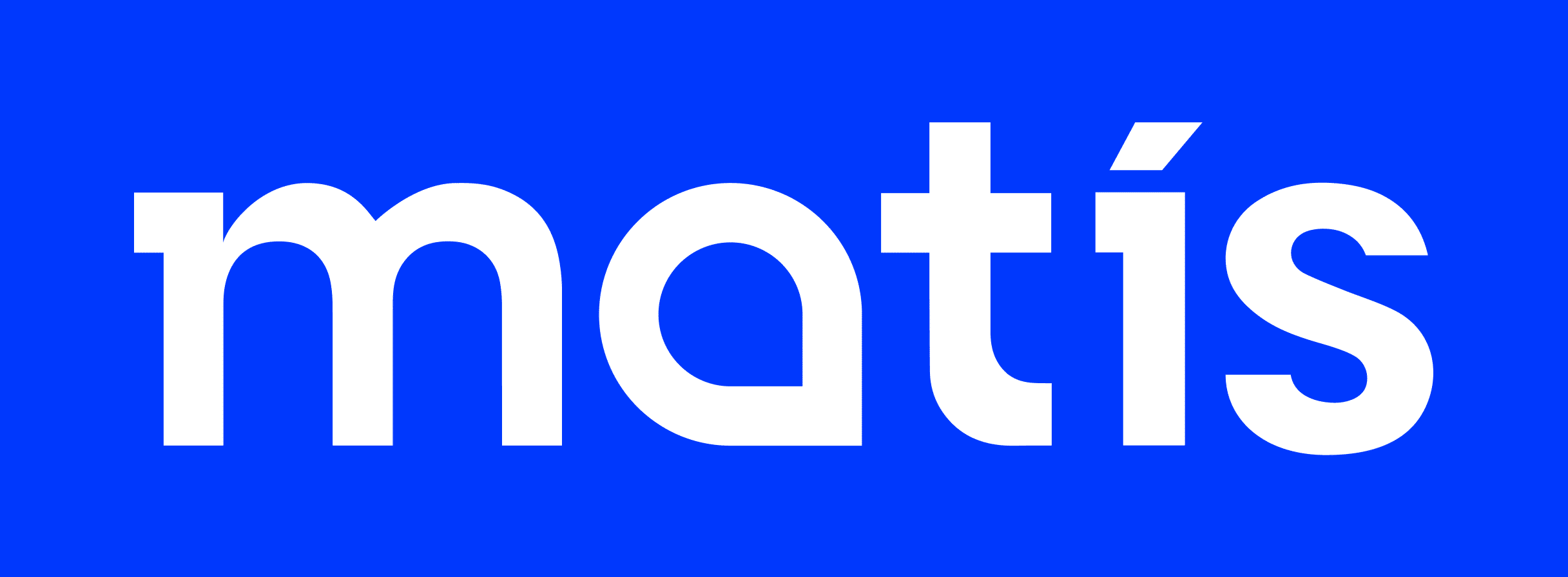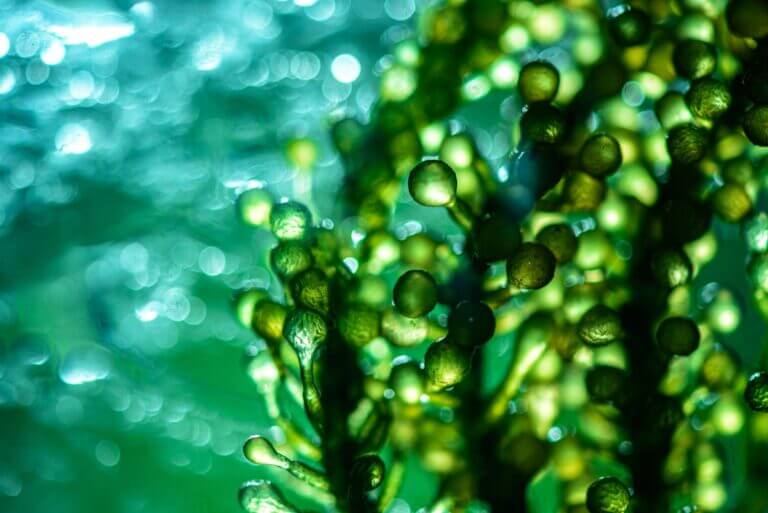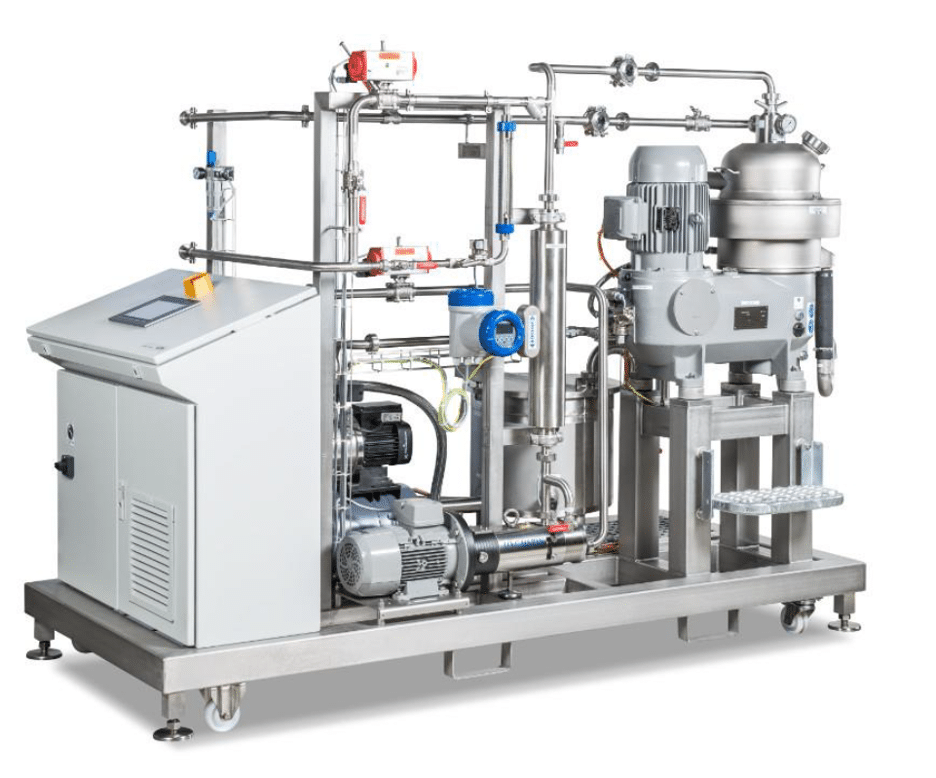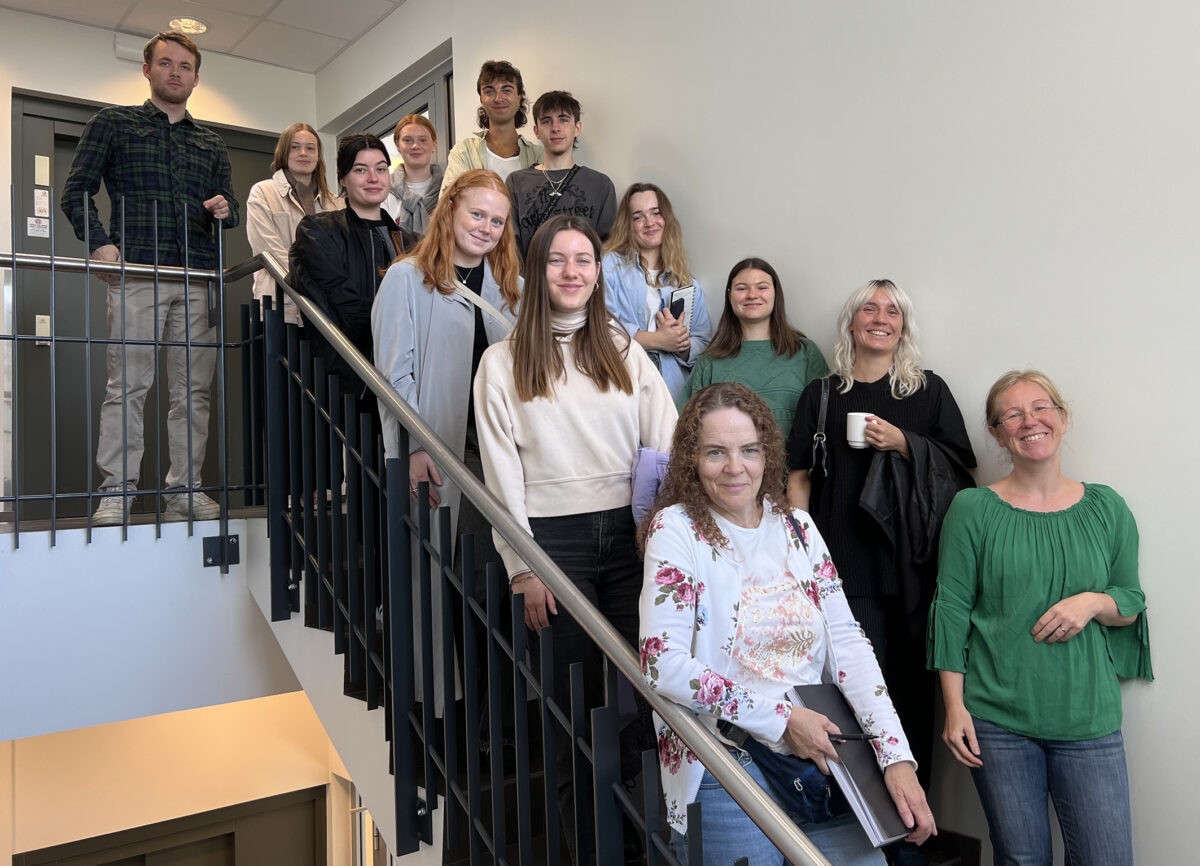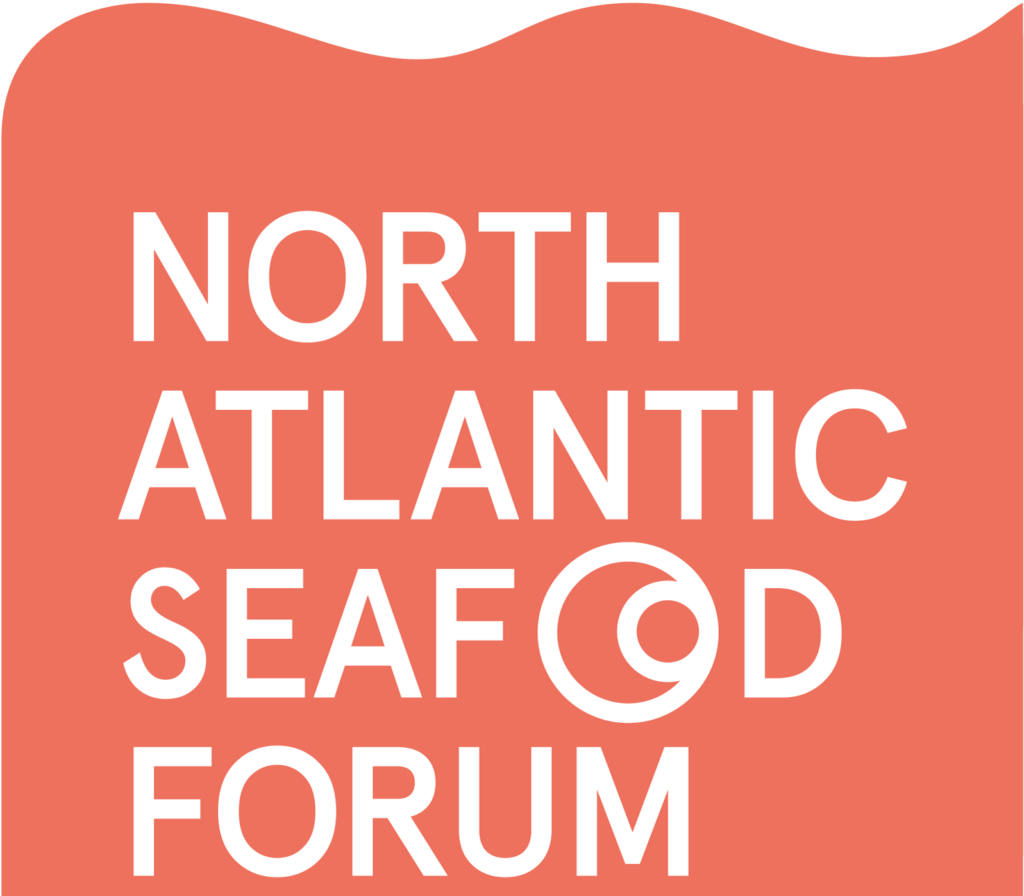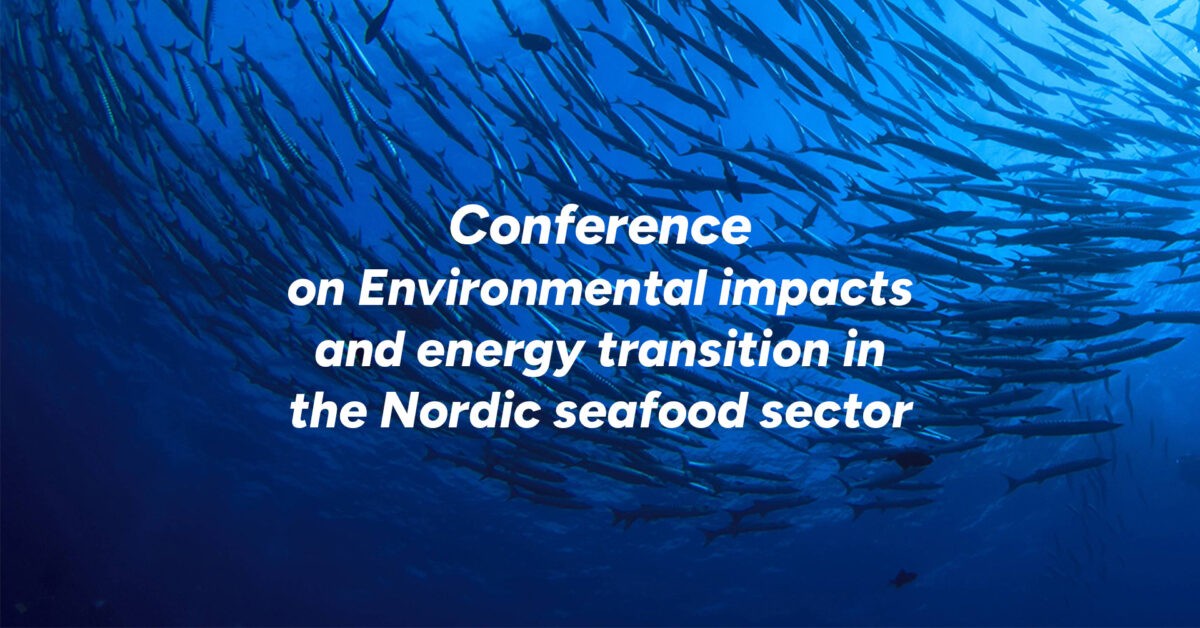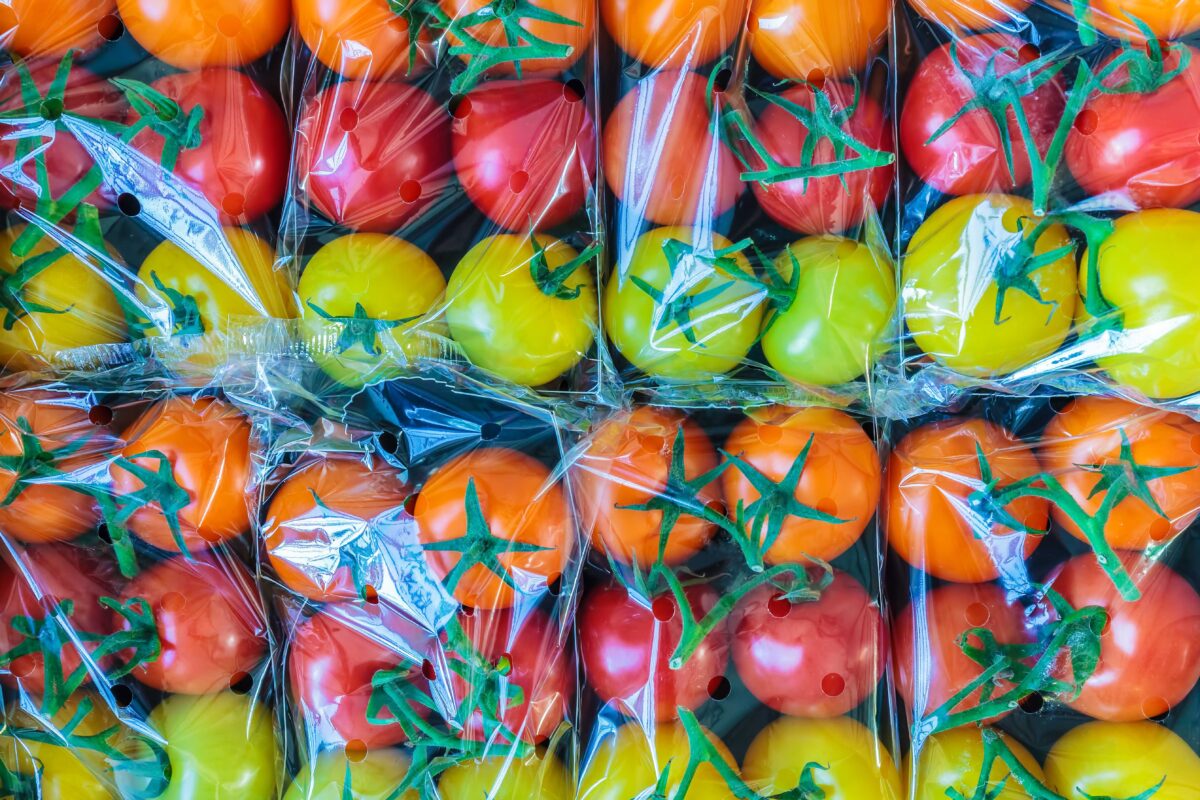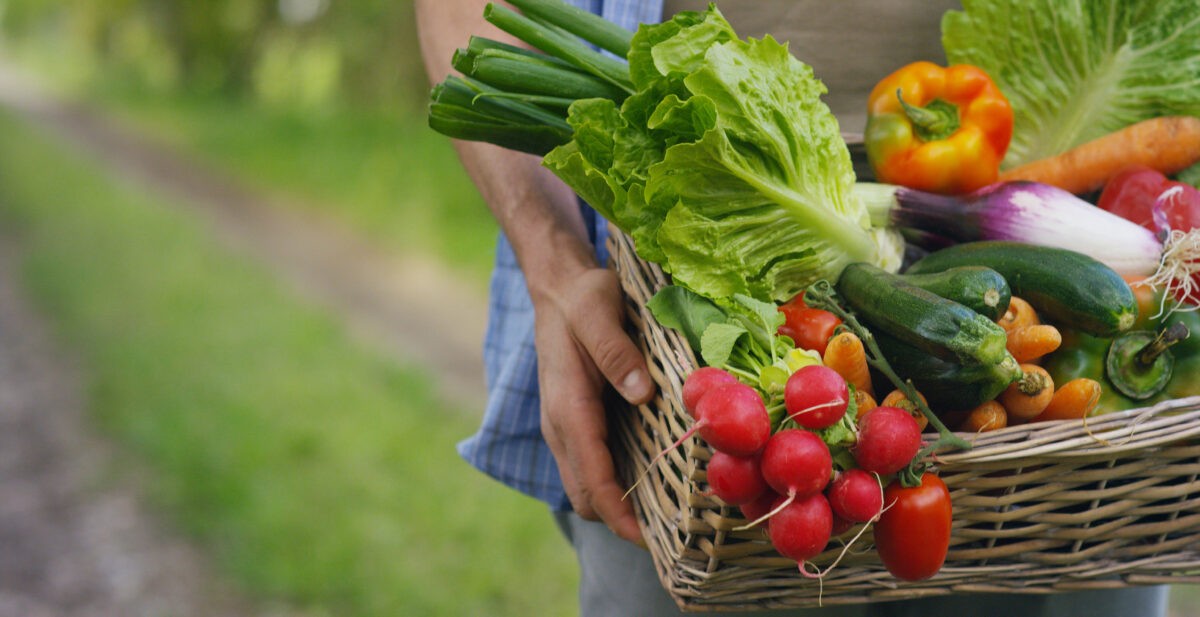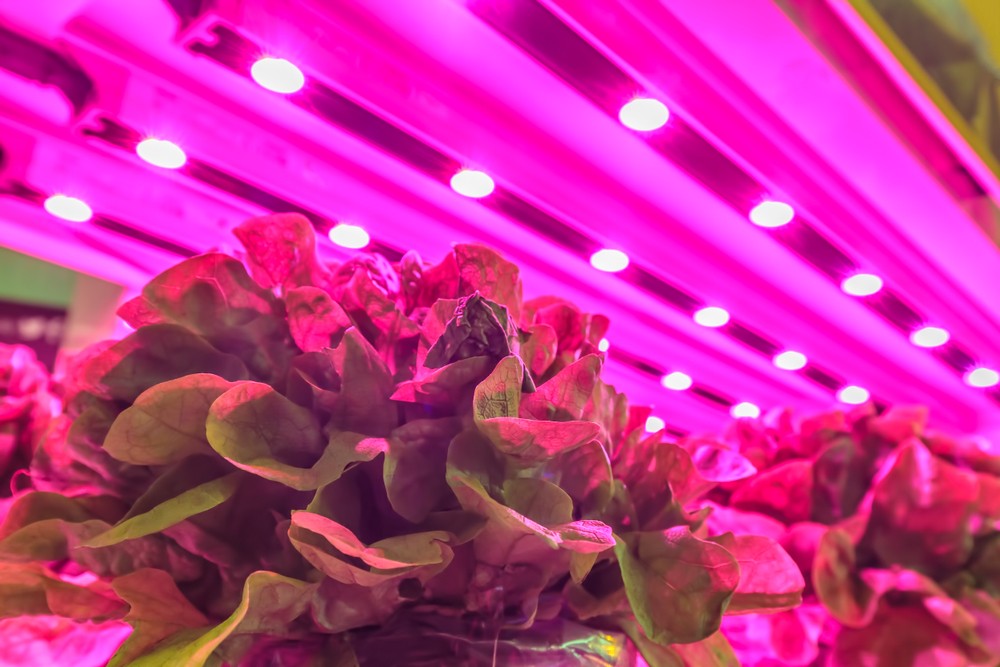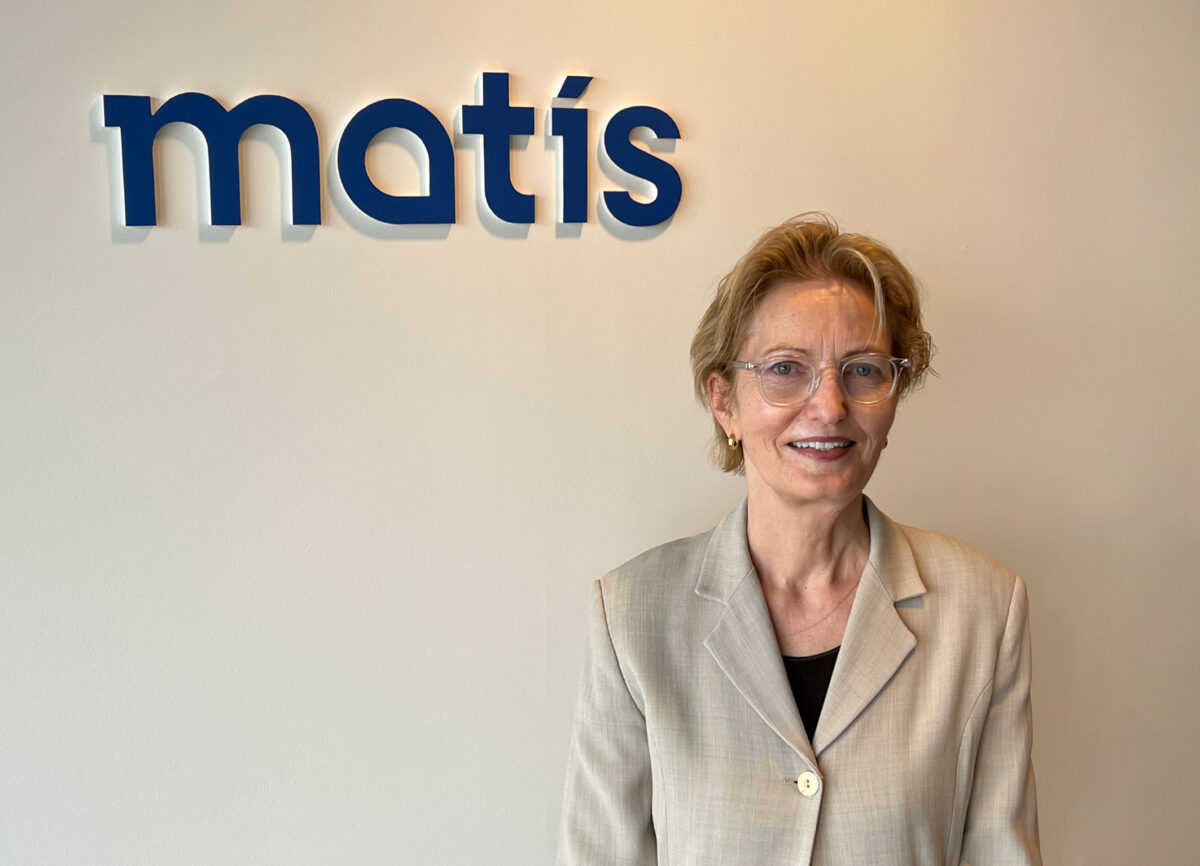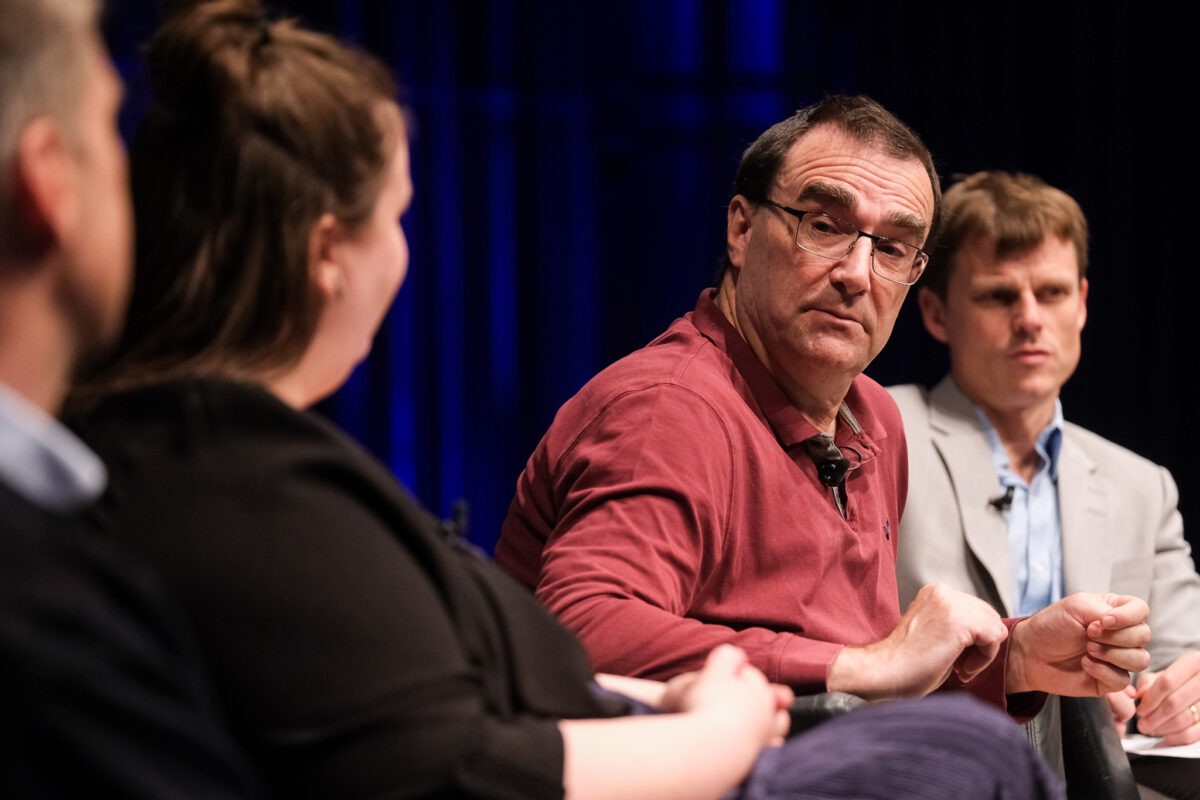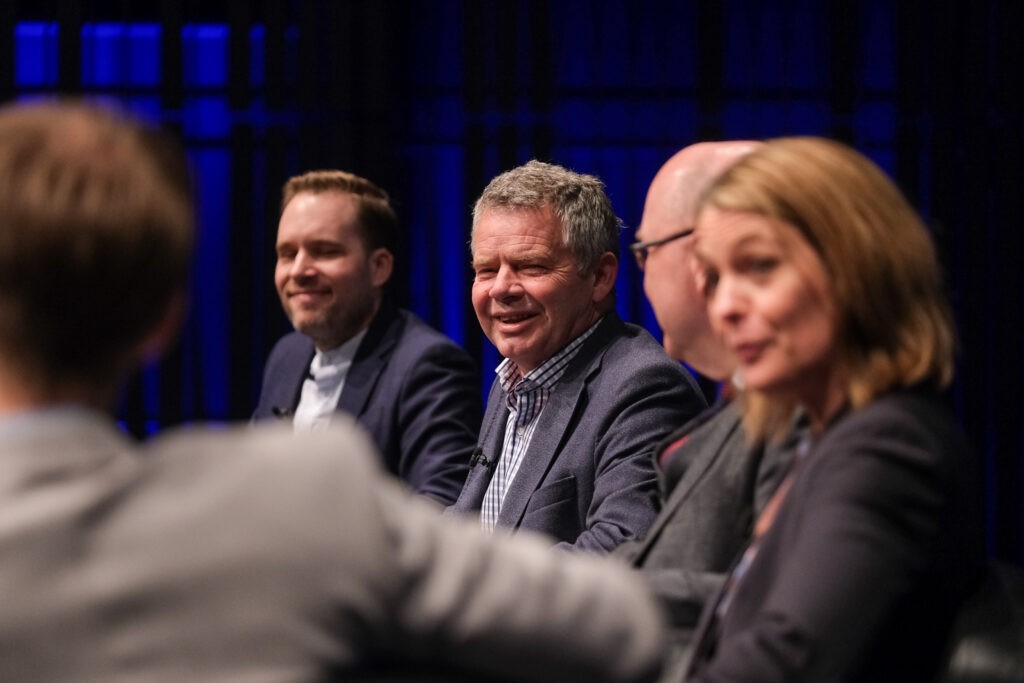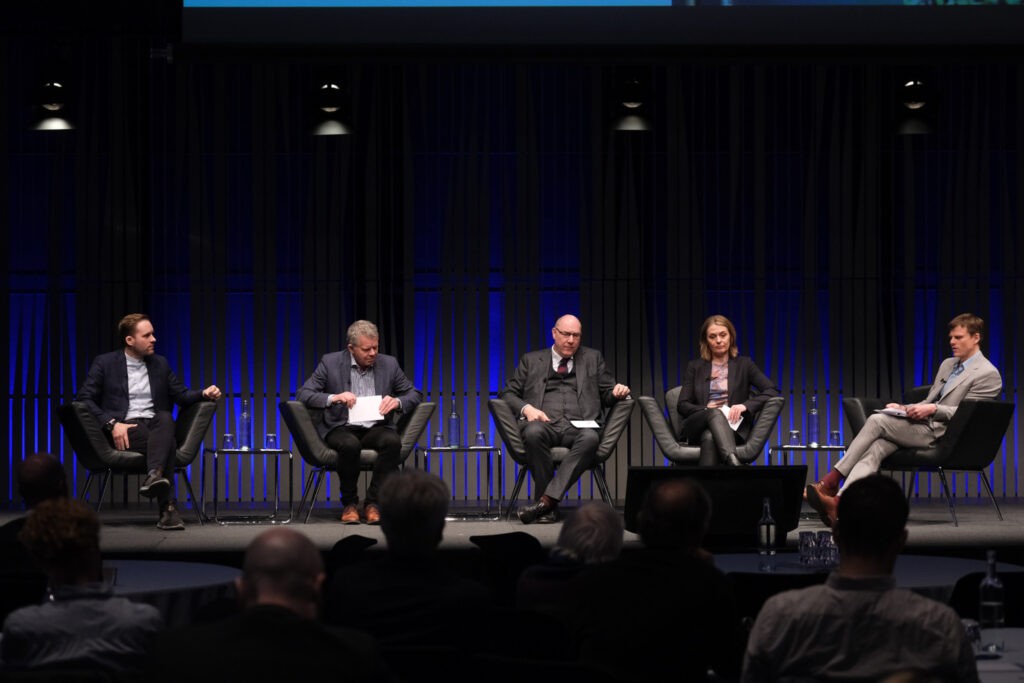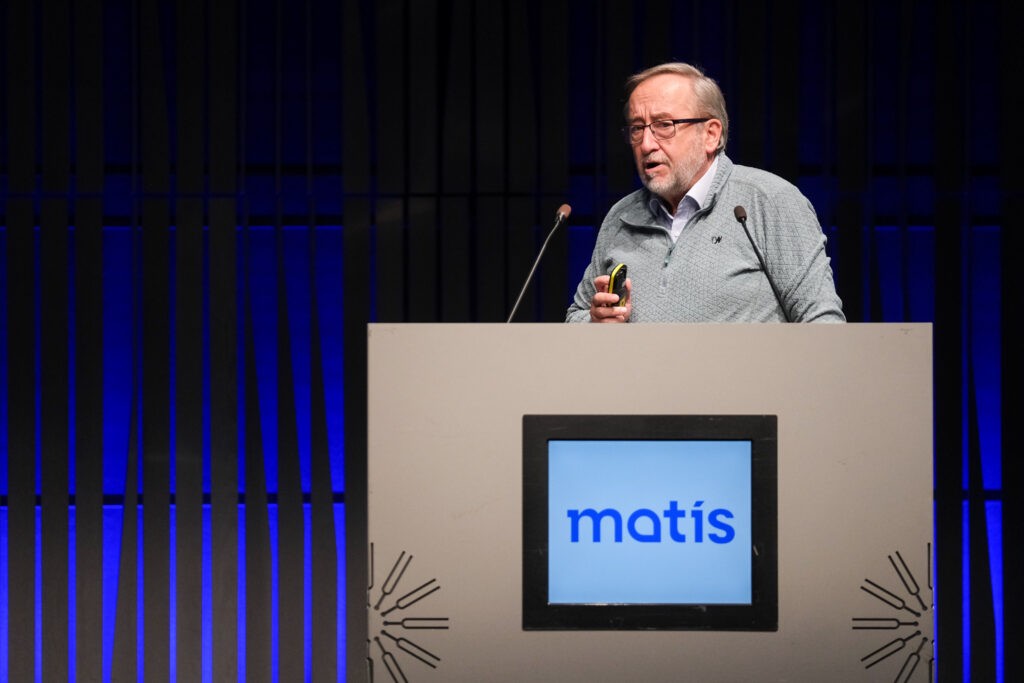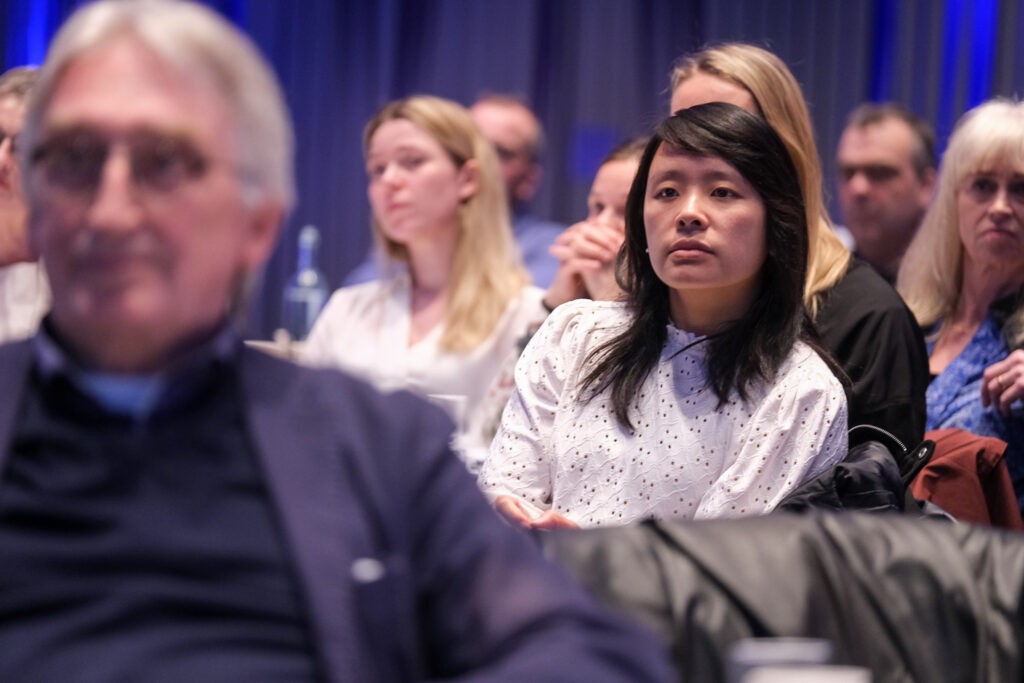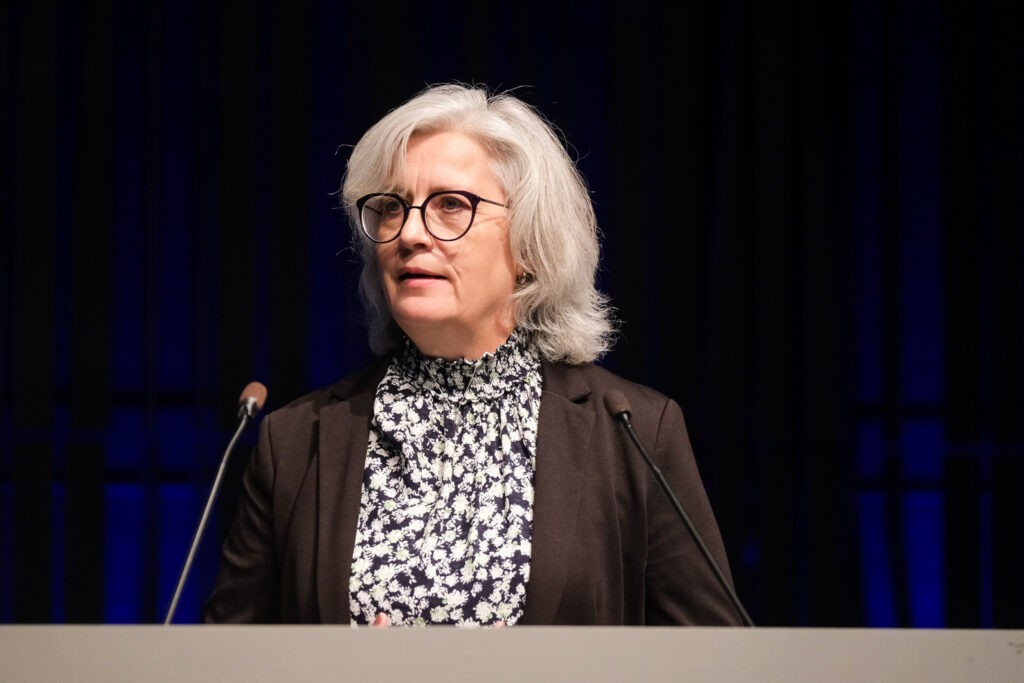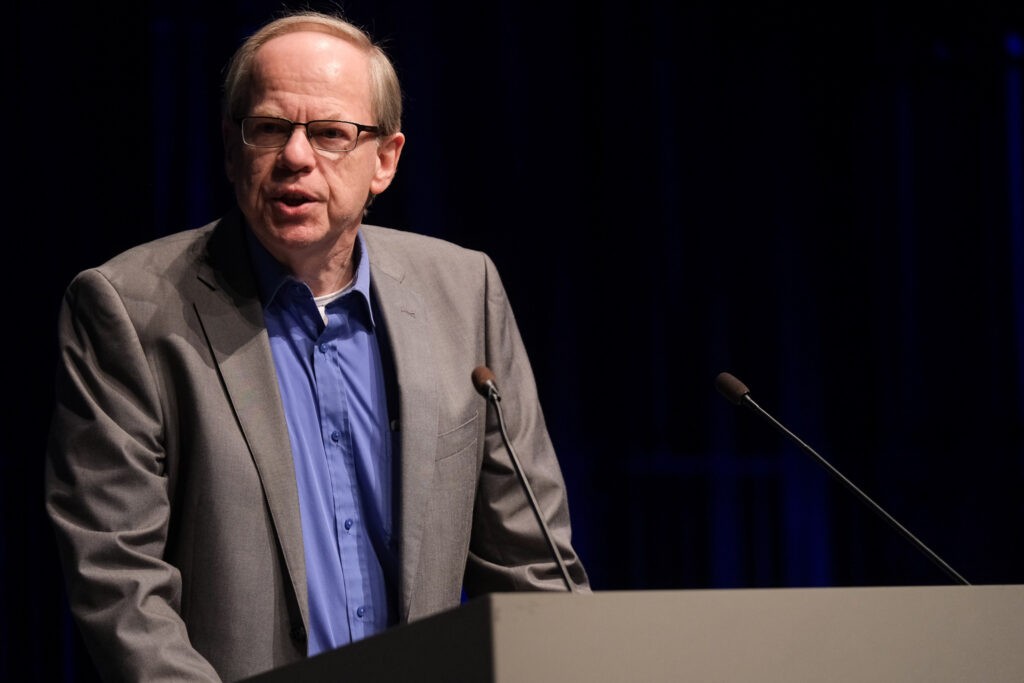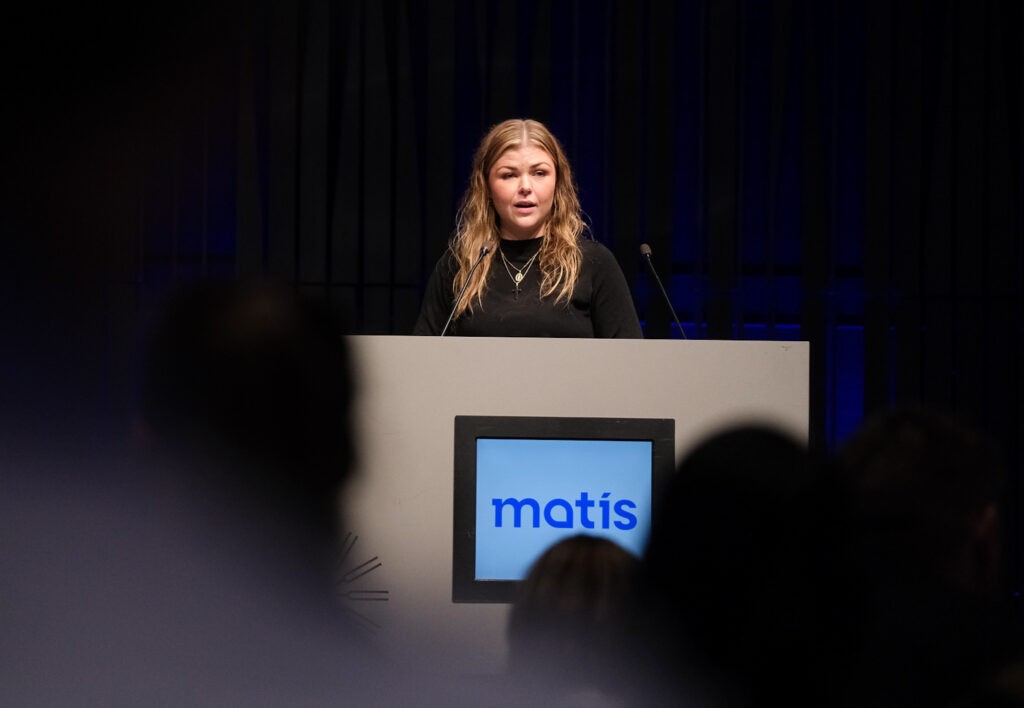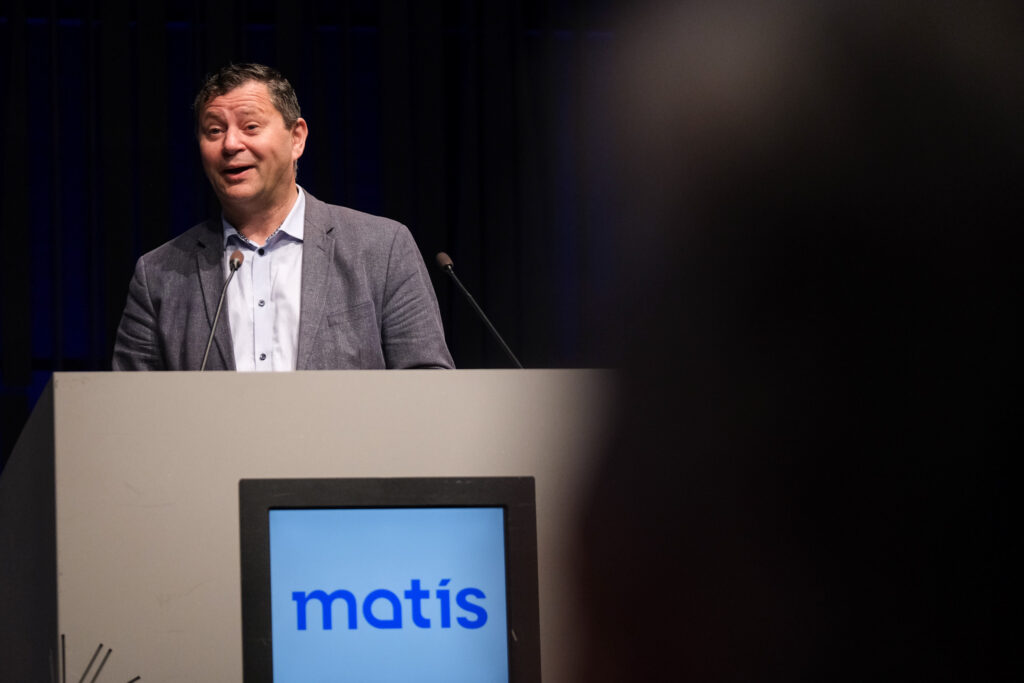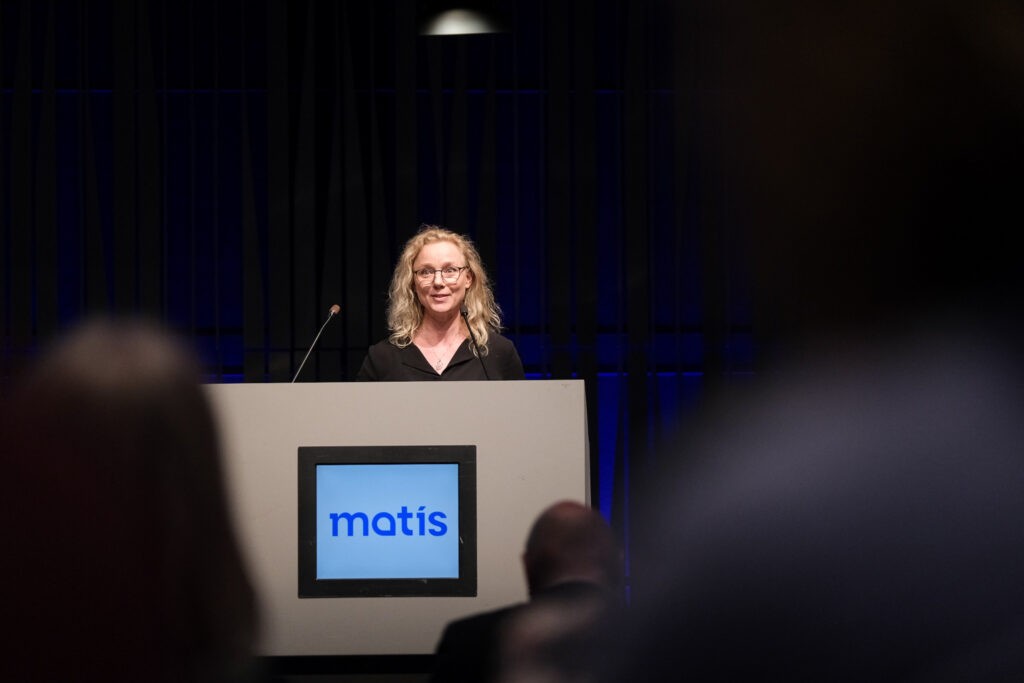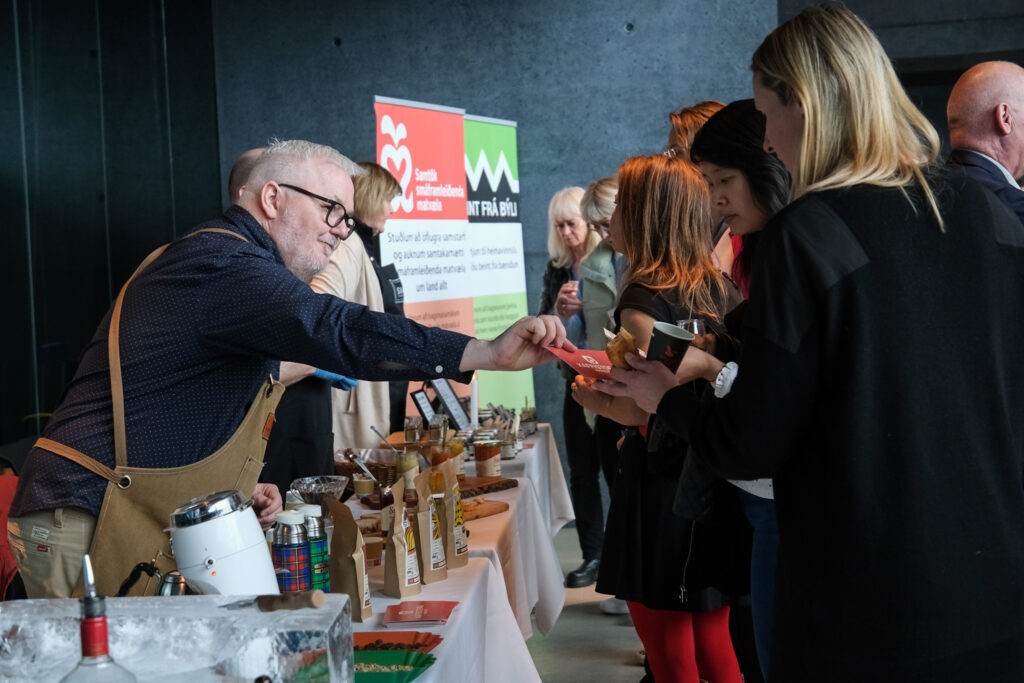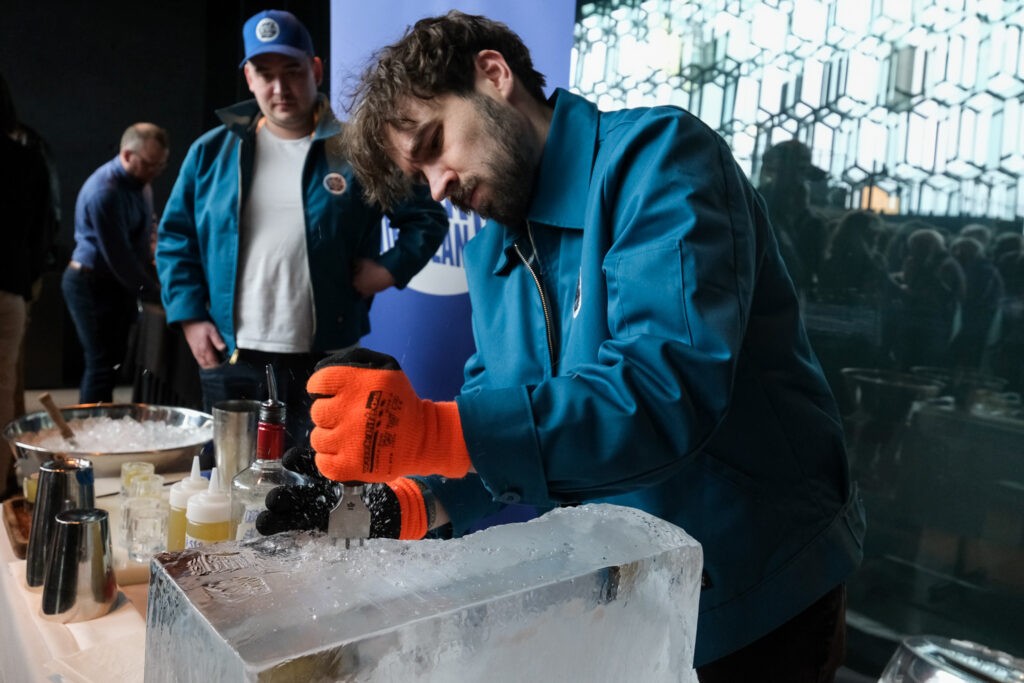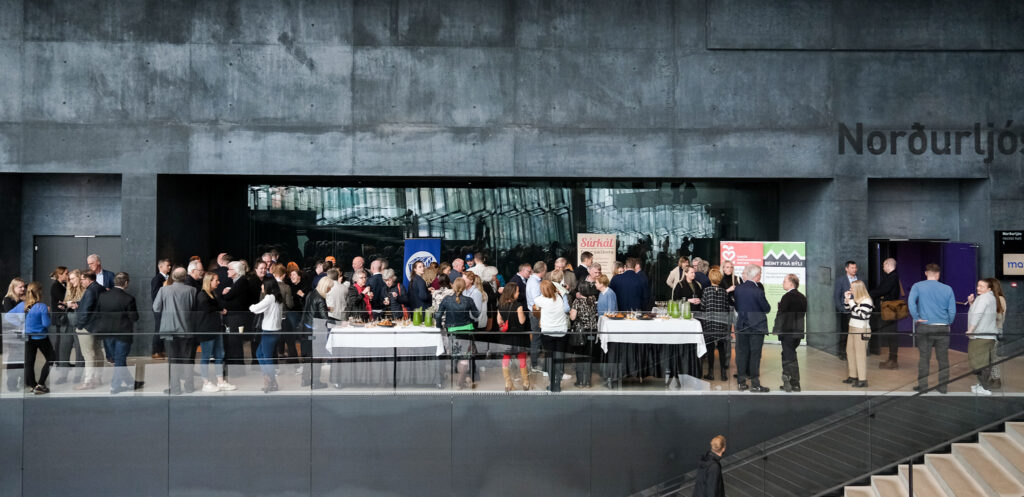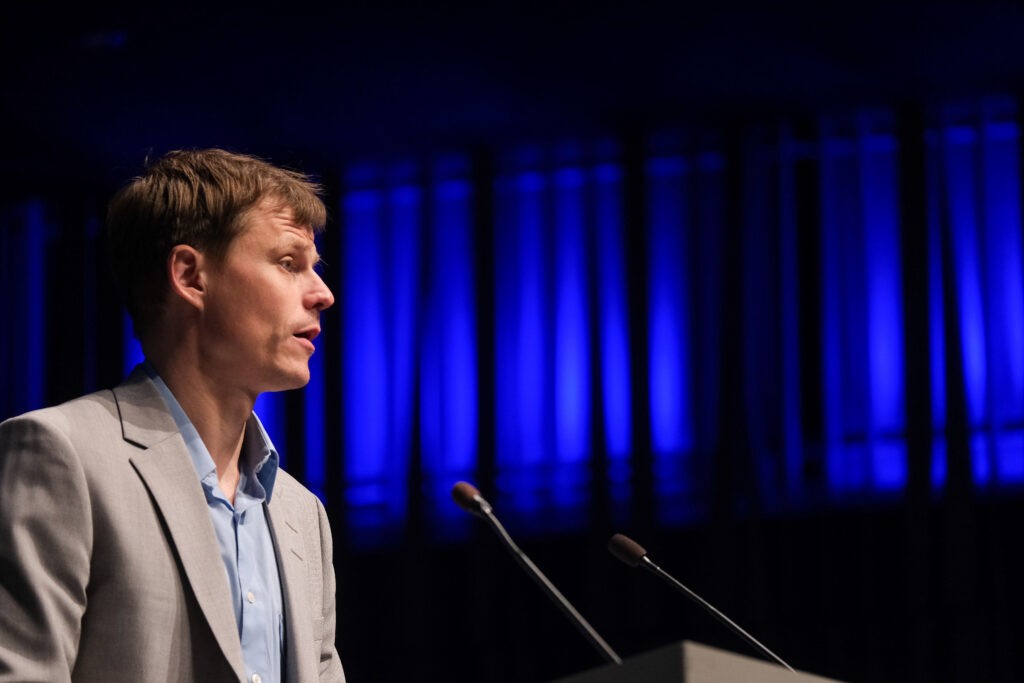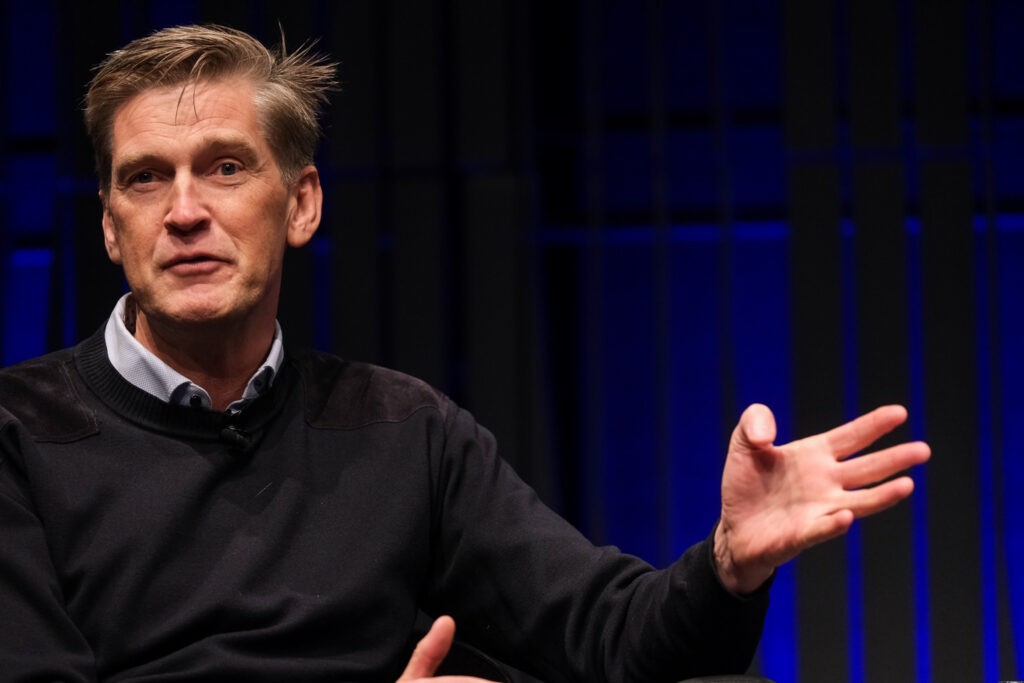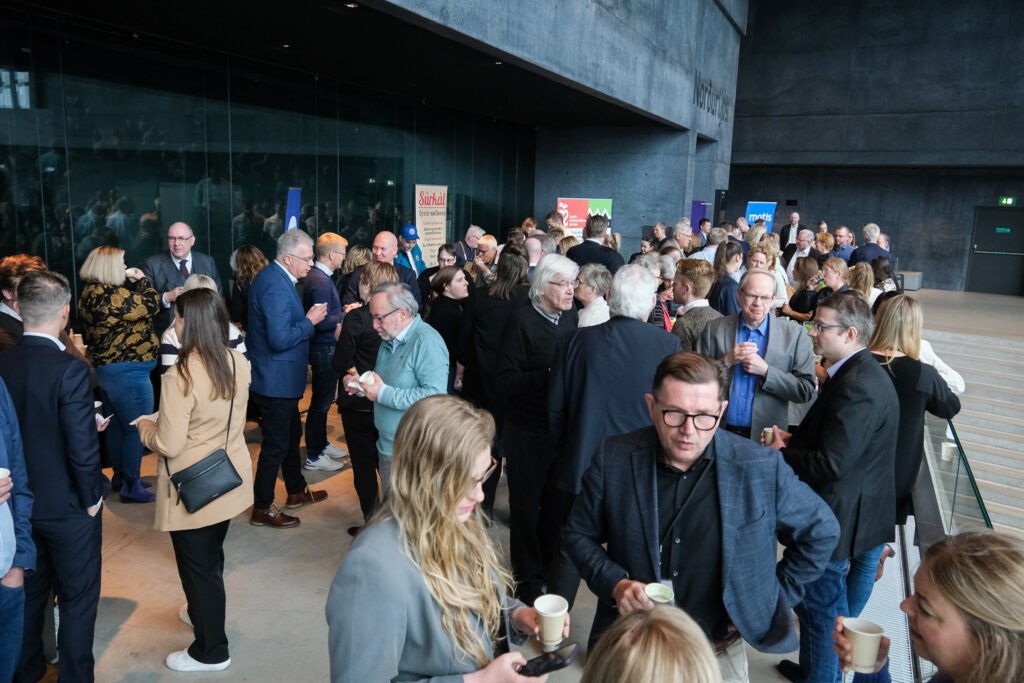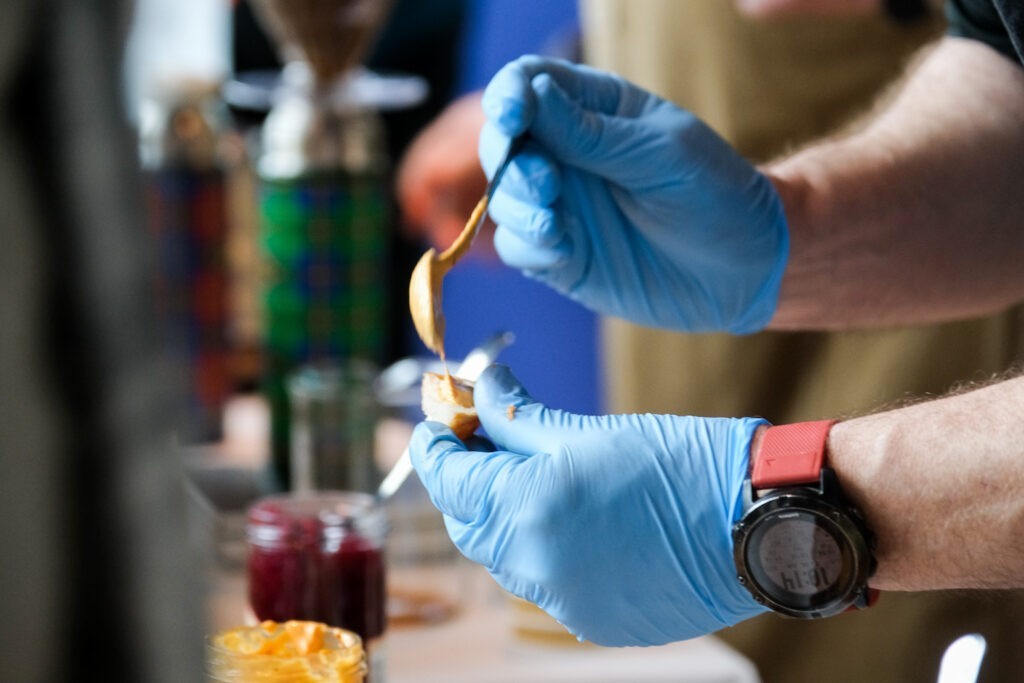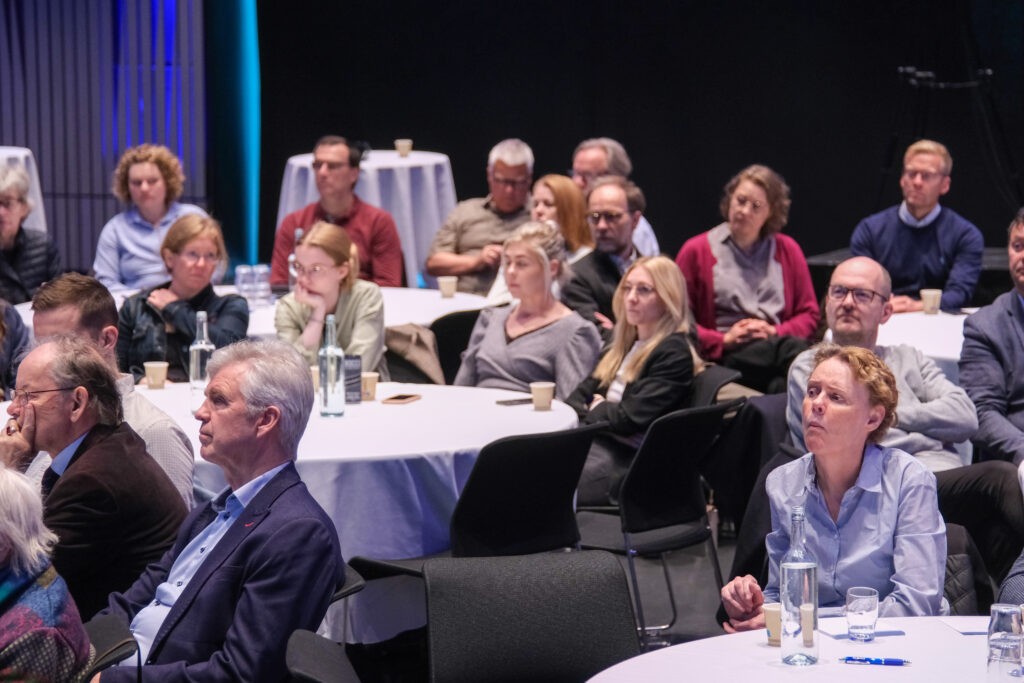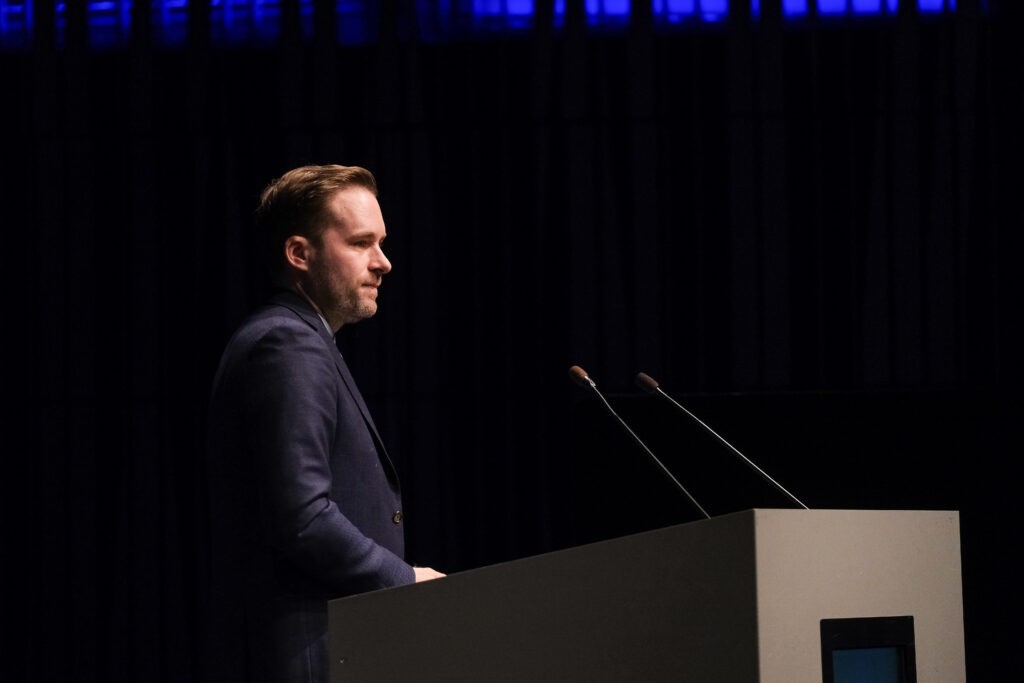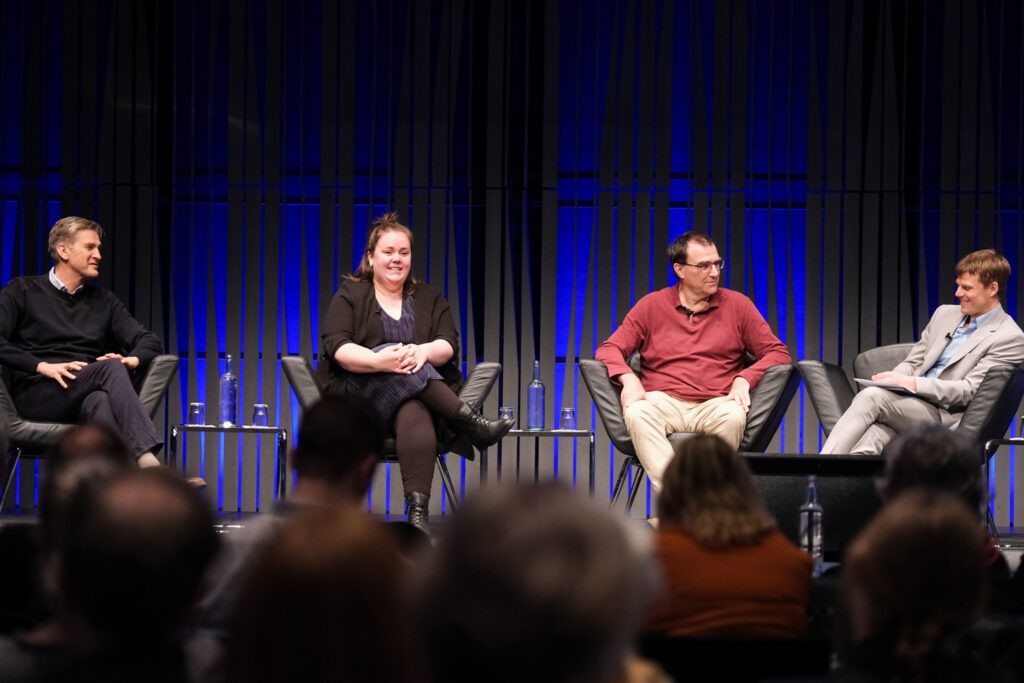"It is really possible to develop food products for people and feed for animals that contain these ingredients. Products that are, as a result, in many cases a healthier and more environmentally friendly option." This is what Birgir Örn Smárason, professional manager at Matís says, but for the past four years he has led a large collaborative project where alternative proteins have been the research topic. The project is now coming to an end and a harvest festival is ahead when the final conference will be held in Bremerhaven on September 7 and 8.
The NextGenProteins project is a collaborative project of 21 parties from 10 European countries, but Birgir Örn led it and other Matís staff worked on various aspects of it. The main objective of the project was to develop, optimize and optimize the production of three sustainably produced neoproteins, and verify their use in various foods and feeds.
"In short, it can be said that all the objectives of the project have been achieved. Of course, there will be some small changes in focus over the course of the project due to new ideas or results, but overall the plan was a complete success and everything that was supposed to be delivered was delivered."
The new proteins examined in the project are insect protein derived from by-products of food production, single-cell protein which is a yeast mass that thrives on the sugars of forestry products, and microalgae grown largely on CO2 emissions from geothermal power generation. We worked with a number of companies on the development of feed and food, which were then tested by consumers and in feed trials. The production of these proteins is, by most comparisons, sustainable and environmentally friendly, with a much lower carbon footprint and requiring less water and land use.
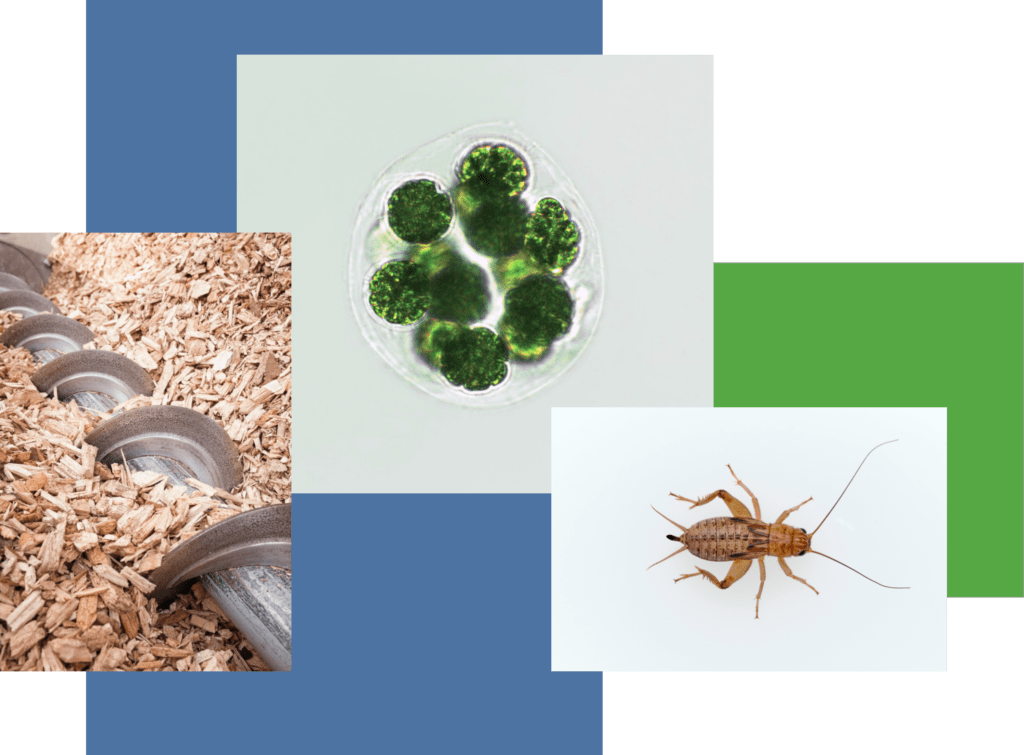
"We also demonstrated ways to work with consumers and gain their consent, and presented strategic proposals to simplify and change government regulations and policies towards a more sustainable food system."
Good cooperation in challenging times
The past four years have in many ways been particularly challenging for collaborative projects between different parties and different research groups between countries, as the pandemic put a damper on things. Birgir says that the cooperation has been incredibly successful. It was possible to use the technology during meetings, but the project's relatives had to exercise their patience while waiting for the results of various measurements due to the closures at the laboratories.
"despite all this, it can be said that the project went as planned, and it is therefore best to thank a strong group of participants who have all worked hard to achieve the project's goals. We can also mention a good group within Matís who has led the project forward."

Greenish chickens
Various interesting and unexpected things can be revealed during pioneering research work like this, and Birgir recalls the challenges that arose when developing foods and feeds with microalgae protein. "The green color in microalgae is so strong that even in small amounts it takes over everything. In one experiment where chickens were to be fed feed containing microalgae protein, the feathers turned green!” With increased research work, it was later possible to develop ways to reduce or remove the color and dampen the taste, making it easier to develop food products and feed.
Great interest in the issue and a follow-up project in the making
According to Birgis, further research is needed and there is a lot of interest in the issue. The results of the project need to be worked on, showing how it is possible to scale up the production of new proteins and bring them to market with the approval of consumers and the government. Furthermore, work needs to be started to introduce neoproteins to consumers, show their advantages and explain the production process and why this can be a healthier and more sustainable option. The foundation for such work was laid in the project, which will be useful in the future.

"Matís has been working on projects related to new proteins and sustainable food systems for a long time and has joined the group of leading people who conduct such research. We will of course build on this and continue this journey. Our goal is to have a positive effect on food production as a whole, whether we look at Iceland or Europe, with sustainability as a guiding light for the good of all".
The final conference of the project will take place on September 7 and 8, and it will be a sort of harvest festival. Birgir says he is most excited to meet the group again. The project went through all the waves of Covid which meant that we could not meet for more than 2 years which is very unusual for such a collaborative project and uncomfortable for many. "It will therefore be nice to be able to celebrate the success with all the participants of the project and discuss the next steps".
We encourage those who are interested to follow the results of the project, which will gradually appear on its website NextGenProteins.eu and even sign up for the final conference. It is possible to watch the conference online.
